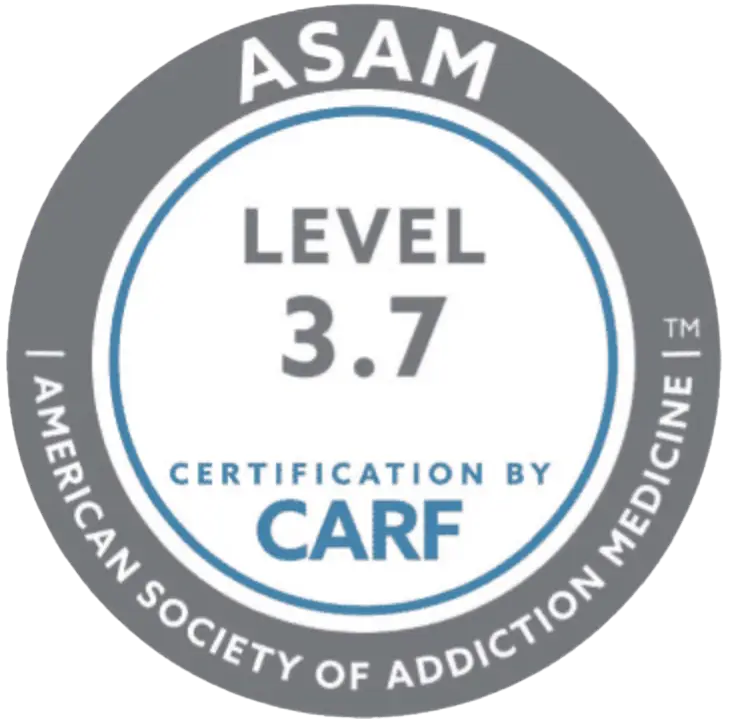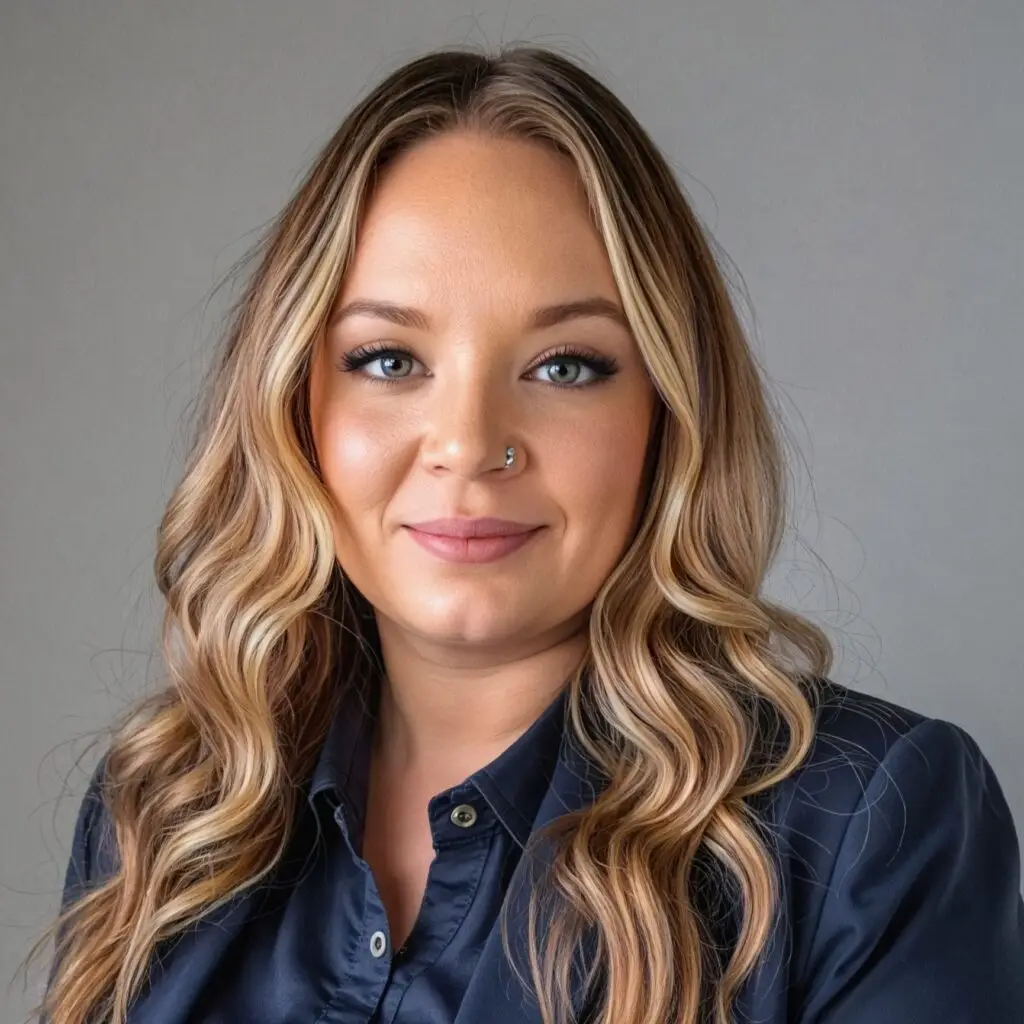Core Therapy
Psycho-Educational Therapy Supports Change
Psychoeducational therapy helps you make sense of what’s really going on. We’ll look at why your motivation crashes, why small choices feel huge, or why stress derails good habits. As you start to understand those patterns, you can stop blaming yourself—and start finding tools that actually fit your life.


Understanding Psycho-Educational Therapy
Psychoeducational therapy gives you the clarity and tools you need to feel less overwhelmed and more in charge of your mental health. Instead of sorting through symptoms on your own or relying on trial and error, you’ll get clear explanations about what you’re facing—and simple, proven strategies to handle it. Sessions may include loved ones when helpful, so the people in your life understand what you’re working through and how to support you.
You’ll build practical skills across four core areas:
- Understand what’s happening: Learn how your symptoms work, what causes them, and how treatment can help.
- Handle everyday stressors: Practice real-life problem-solving for things like poor sleep, racing thoughts, or cravings.
- Communicate more clearly: Strengthen how you express needs and set boundaries—with family, doctors, or peers.
- Speak up for yourself: Gain confidence to ask for support, follow through on care, and make decisions that fit your values.
As you start connecting the dots, things get easier to navigate. You’ll learn to recognize your own early warning signs—whether it’s skipping meals, feeling easily irritated, or avoiding social time—so you can respond early and avoid burnout. When setbacks don’t feel like failures, growth becomes easier to sustain.
Everything you learn is taught in plain language and practiced in session, so it’s usable when it counts. That might mean using a two-minute breath reset before a triggering phone call, walking through a relapse prevention plan step by step, or reworking an anxious thought that’s keeping you up at night.
As your understanding deepens, you’ll build confidence—not because life is perfect, but because you’re better equipped to handle it. Psychoeducational therapy helps you shift from feeling lost in symptoms to having a solid plan for what to do next.




How Psychoeducational Therapy Works
Psychoeducational therapy isn’t a lecture—it’s a back-and-forth process that helps you understand what’s happening and what to do about it. Whether you’re new to a diagnosis or trying to avoid another setback, each step gives you something useful you can apply in daily life.
Step 1: Understand Your Story
You and your therapist will talk through what brought you here, what’s been working, and what hasn’t. Together, you’ll define what “better” means for you and start building a plan that actually fits.
Step 2: Learn What Helps (and Why)
You’ll get plain-language explanations of what’s happening in your brain and body—plus tools that are proven to help. That might include how to recognize early warning signs, calm your nervous system, or set up a relapse prevention plan.
Step 3: Practice in Daily Life
Between sessions, you’ll test out small changes—like logging your sleep, using a grounding exercise during stress, or having a hard conversation with a script in hand. Then you’ll check in on what helped and adjust from there.
Step 4: Make it Your Own
As therapy continues, your plan evolves with you. You’ll refine your tools and tailor them to the moments that tend to throw you off—so you can respond instead of react.
Who Leads Psychoeducational Therapy
Psychoeducational therapy works best when it’s guided by someone who listens well, teaches clearly, and respects your pace. At The Haven Detox, sessions are led by licensed therapists who specialize in making complex topics easier to understand—and easier to apply to real life. You won’t be handed a textbook or rushed through worksheets. Instead, you’ll get tools, guidance, and support from someone trained to help you make lasting change.

Primary Therapist
- 7+ years of counseling support for individuals facing substance use

Lead Therapist
- 11+ years dedicated to behavioral health, balancing care and operations.

Therapist
- Dedicated to helping individuals build healthier lives.
Conditions Psychoeducational Therapy Can Help With
Psychoeducational therapy supports a wide range of mental health and substance use concerns by helping you understand what’s happening—and how to respond with clarity and confidence. It’s often part of a larger treatment plan that also includes medical care, talk therapy, and holistic services.
Substance Use Disorders
Understand how cravings work, track your triggers, and build practical routines that lower risk and help you feel more confident navigating daily recovery.
ADHD & Executive Function Challenges
Set up systems that work with your brain—not against it. That might include managing time, breaking down tasks, or reducing overwhelm during transitions.
Depression & Mood Disorders
Understand why motivation disappears, create a doable action plan, and build routines that support steadiness—especially on tough days when energy and hope feel low.
Anxiety Disorders
Learn how the anxiety cycle works, recognize your early warning signs, and practice calming tools and thought strategies that help you interrupt spirals before they take over.
PTSD & Trauma
Learn how trauma affects your brain and body, use grounding and self-soothing skills to feel safer in the moment, and take gradual steps toward healing—at your own pace.
Bipolar Disorder
Identify your early mood-shift signals, keep daily structure around sleep, meals, and movement, and build a plan that brings in support before things escalate.
How Psychoeducational Therapy Fits Into Treatment
Psychoeducational therapy isn’t separate from the rest of your care. It works alongside medical treatment, one-on-one and group therapy, and holistic support like massage therapy or yoga and meditation. Whether you’re working through early recovery, managing symptoms, or rebuilding routines, this approach helps you make sense of what’s going on and take steps that actually feel doable—so healing doesn’t feel so far away.
Learn Healthy Mental Habits
Share Experiences with Peers
Open Environments for Communication
Locations Offering Psycho-Educational Therapy
Psycho-educational therapy is available at the Haven Detox locations. Programs can differ by state and site, so it’s best to ask about availability where you plan to receive care.

The Haven Detox - Arizona
Space Available
Insurance Accepted
Psycho-Educational Therapy Offered

The Haven Detox - Little Rock
Space Available
Insurance Accepted
Psycho-Educational Therapy Offered

The Haven Detox - New Jersey
Space Available
Insurance Accepted
Psycho-Educational Therapy Offered

The Haven Detox - West Memphis
Space Available
Insurance Accepted
Psycho-Educational Therapy Offered

The Haven Detox - Florida
Space Available
Insurance Accepted
Psycho-Educational Therapy Offered

The Haven Detox - Puerto Rico
Space Available
Insurance Accepted
Psycho-Educational Therapy Offered

The Haven Detox - New England
Space Available
Insurance Accepted
Psycho-Educational Therapy Offered
Psycho-Educational Therapy Success Stories
Paul S.
The staff is very nice and caring. They help you through the first phase of recovery and help you prepare for the next. The techs and nursing staff are great. The doctor explains all your blood work and meds well.
Kyle G.
Even though it was my first time in detox, the staff welcomed me with open arms. From the owners all the way down to the techs. They treated me like I was family. They taught me life skills and how to live without using. If anyone or a loved one struggles with addiction, I would definitely recommend going to the Haven Detox.
Lisa C.
I’m grateful for the staff (and Chefs) at The Haven for helping me during my journey to recovery. There are amazing, caring people here, who are genuine and care about you and your recovery, and have the expertise to help you learn skills you need to succeed in life. Wonderful experience.
What to Know About Insurance Coverage
Psychoeducational therapy is often covered by insurance, especially when it’s part of a structured treatment plan for mental health or substance use. But every plan is different.
That’s why we handle the hard part for you. Before you begin, our team will check your benefits, explain what’s covered, and walk you through any costs upfront—so you’re not left guessing. Whether you’re using private insurance, Medicaid, or another plan, we’ll help you understand your options.
Still Have Questions About Psycho-Educational Therapy?
Does psychoeducational therapy actually work?
Yes. Research shows that psychoeducation can improve treatment outcomes, reduce relapse, and boost long-term functioning—especially for conditions like bipolar disorder, schizophrenia, and depression. One large randomized trial found that structured group psychoeducation led to fewer recurrences compared with standard care, and long-term studies support its ongoing benefits. ⓘ
How many sessions will I need?
Most people start with 6–12 weekly sessions. Some feel ready to taper sooner, while others continue longer—especially if symptoms have been intense or long-standing. You and your therapist will decide together what’s working and what comes next.
Can this be done online?
In many cases, yes. Telehealth options are available depending on your state and the specific program. Some skills translate well to video sessions, though certain assessments or trauma work may be more effective in person.
Is this just group therapy?
No. Psychoeducational therapy can be one-on-one, in a group, or involve family members—depending on your goals. You’ll choose the format that fits your life, schedule, and privacy needs.
Will my family be involved?
Only if you want them to be. Some people find that when their loved ones understand their condition and what actually helps, home life becomes less tense and more supportive.
Does this replace medication?
No. Psychoeducational therapy can complement medication—not replace it. It helps you understand how medications work, spot side effects sooner, and follow your treatment plan more confidently. All decisions about prescriptions stay between you and your medical provider.
What if I’ve done therapy before and it didn’t help?
That’s more common than you think. Psychoeducational therapy is different—it focuses on skills, structure, and repetition. If a worksheet or strategy doesn’t work, it gets replaced. The approach is flexible, practical, and focused on real-life wins.
How soon will I notice a difference?
Many people notice small changes within the first few weeks—like sleeping better, handling triggers with less stress, or having more honest conversations. Bigger changes build with practice and support.
Is it confidential?
Yes. Your privacy is protected by law. If you involve a family member or friend, it’s always your choice—with clear consent and boundaries in place.
What if I miss a session?
It happens. You’ll reconnect with your therapist at the next visit or through a brief check-in so you don’t lose momentum.
Related Treatment Options
Have Questions? Let’s Talk!
Call the free 24/7 helpline to get answers and a plan for treatment that’s best for your specific medical and insurance situation — even if it’s not with us.
24/7 Support
Need someone to talk to? We’re always here—day or night.
No Commitment
Ask questions, get guidance—no pressure, no obligation.
100% Private
Your story stays with us. Confidential support, always.

